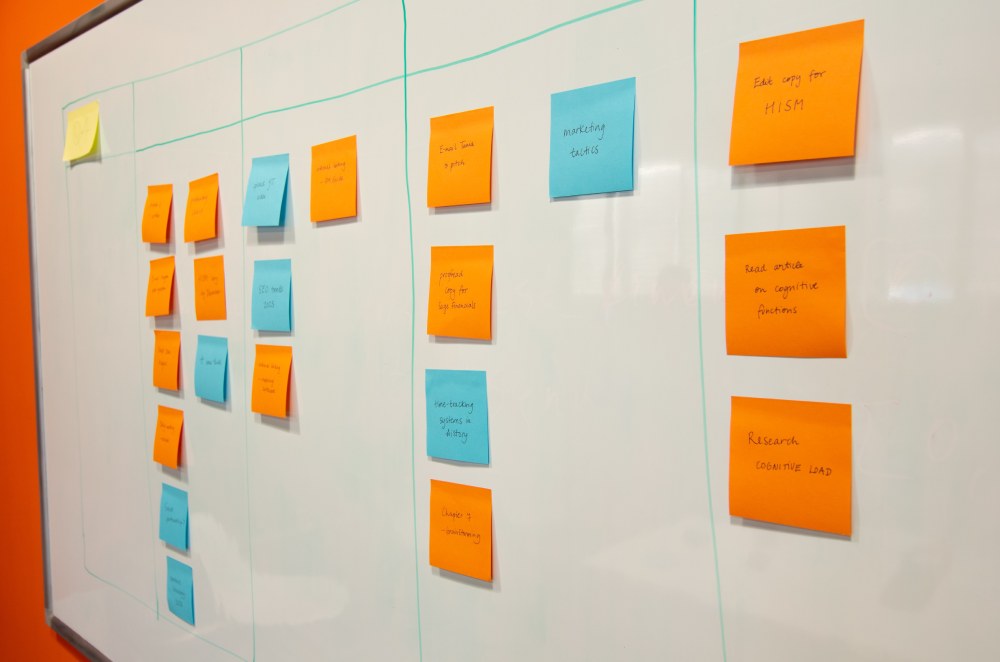Project management plays a crucial role in ensuring the successful completion of complex endeavors. Among various project management approaches, “end-to-end project management” stands out as a comprehensive methodology that encompasses every stage of a project, from conception to delivery. This article explores the benefits and key components of end-to-end project management.
The Essence of End-to-End Project Management

End-to-end project management is an approach that integrates all aspects of project planning, execution, and closure. Unlike traditional project management methods that focus on specific phases, end-to-end management encompasses the entire project lifecycle. It begins with thorough project initiation, including goal setting, stakeholder identification, and feasibility analysis.
This holistic approach then progresses to encompass project planning, resource allocation, task management, risk assessment, quality control, and timely communication. Finally, the methodology extends to project closure, which involves evaluation, documentation, knowledge transfer, and lessons learned.
Key Benefits of End-to-End Project Management
Enhanced Accountability: With end-to-end project management, there is a clear ownership structure throughout the project, ensuring that everyone involved understands their roles and responsibilities.
Improved Efficiency: By considering the complete project lifecycle, potential bottlenecks and dependencies are identified early on, enabling efficient resource allocation and effective time management.
Seamless Collaboration: End-to-end management promotes collaboration among different project teams, departments, and stakeholders, fostering a cohesive work environment.
Risk Mitigation: Comprehensive risk assessment and mitigation strategies are integral to end-to-end management, reducing the chances of project delays, cost overruns, and failures.
Increased Customer Satisfaction: By ensuring all project aspects are considered, end-to-end management delivers better alignment with customer requirements, leading to higher satisfaction levels.
Key Components of End-to-End Project Management
End-to-end project management comprises several crucial components, including:
Project Initiation: Setting clear project goals, objectives, and defining stakeholders’ expectations.
Project Planning: Creating a comprehensive project plan, including defining tasks, timelines, resource allocation, and budgeting.
Project Execution: Implementing the plan, monitoring progress, managing resources, and addressing any issues that arise.
Project Control: Regularly reviewing project performance, assessing risks, and adjusting plans as necessary.
Project Closure: Evaluating project success, documenting lessons learned, and ensuring smooth knowledge transfer.
End-to-end project management offers a holistic approach that covers every stage of a project’s lifecycle, from conception to closure. By considering the complete picture, this methodology enhances accountability, efficiency, collaboration, risk mitigation, and customer satisfaction, leading to successful project outcomes.
